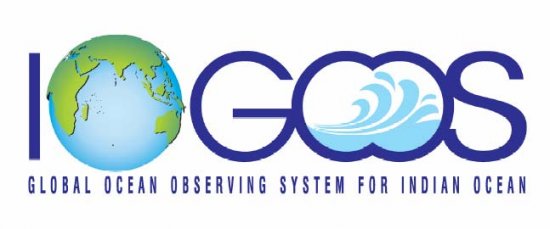ESSO - Indian National Centre for Ocean Information Services
(An Autonomous Body under the Ministry of Earth Sciences, Govt. of India)
Working Group on Sustainable Fisheries
Chair: Tickie Forbes, South Africa
Rapporteur: Nicolette Demetriades, South Africa
The Working Group proposed a pilot project on the Development of a Monitoring and Management System for the Penaeid Prawn Resources in the Indian Ocean.
Tickie Forbes presented the report.
The pilot project has the following characteristics.
- Rationale for choosing penaeid prawns
- Project Objectives
- Measurements / data requirements
- Major drivers of change
Rationale for choosing penaeid prawns
Regional dependence on fisheries; the generally poor state of coastal fish stocks; the high value of the prawn resources; the wide regional distribution of prawns; artisanal and commercial fisheries already established regionally; generally the same species regionally; general availability of catch data; the aquacultural value of prawns; the prawn life-cycle integrates inshore marine and estuarine environmental effects.
Project Objectives
Creation of links amongst scientists (coastal laboratories), coastal managers and communities; creation of a central data service/product hub available to all; building of sustainable capacity and infrastructure; monitoring of prawn recruitment and abundance via existing fisheries; determination of effects of local conditions (e.g. freshwater run-off); creation of a link to ocean-climate observations; detection of change in prawn-fishery yield in relation to local and regional oceanic/climatic events.
Measurements / data requirements
Fishery data (catch, in quantity and species composition; effort, in number of trawling hours); chlorophyll; oceanographic parameters (salinity, dissolved oxygen, temperature, currents, nutrients); local physical parameters (terrestrial run-off).
Major drivers of change
Human activities (fishing; estuarine and shallow-water habitat degradation and loss); natural factors (monsoons/rainfall regimes; currents; upwelling/downwelling).




